Are you good or bad? The question still remains after so many years of your existence on this planet. It confuses us, most of times. We do something and then we think – I did it, but was it really right or wrong. Am I good or bad?
If you too, sit down and ask yourself, are you good or bad – chances are you would say good. Maybe you said you are bad, I don’t know!
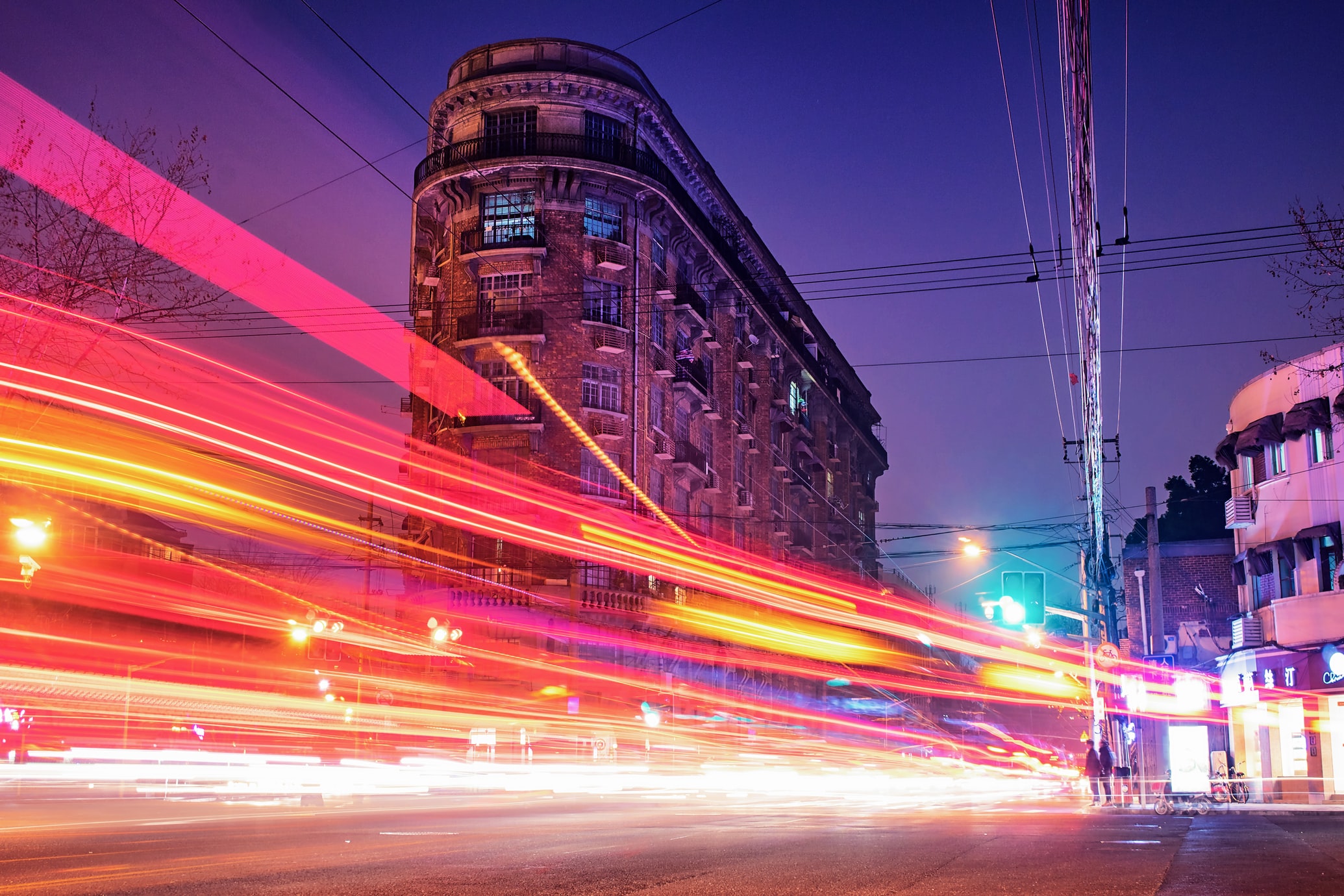
However, the fact is our society is designed to promote the idea of being ‘good’, yet each person stating that being good is important fails to define what exactly is good.
Although defining the good and bad is extremely difficult (depending on the situation), the general idea is that if a person is ethically right, they are good, and if they are unethical, then they can be classified as a bad person. Also, it limits to how our society is designed, what mindset they have fed us, and what they see as right or wrong decides us being good or bad.

Unfortunately, this concept is flawed, as being ethical and unethical is also a construct of society. Something that is acceptable in one culture can be downright bizarre in another. So, which way should we go to be good? And, if we go the other way, does that really make us bad? Hmmm, let’s figure out further.
However, even if we don’t approach this question from an ethical point of view, the question still remains, are you good or bad?
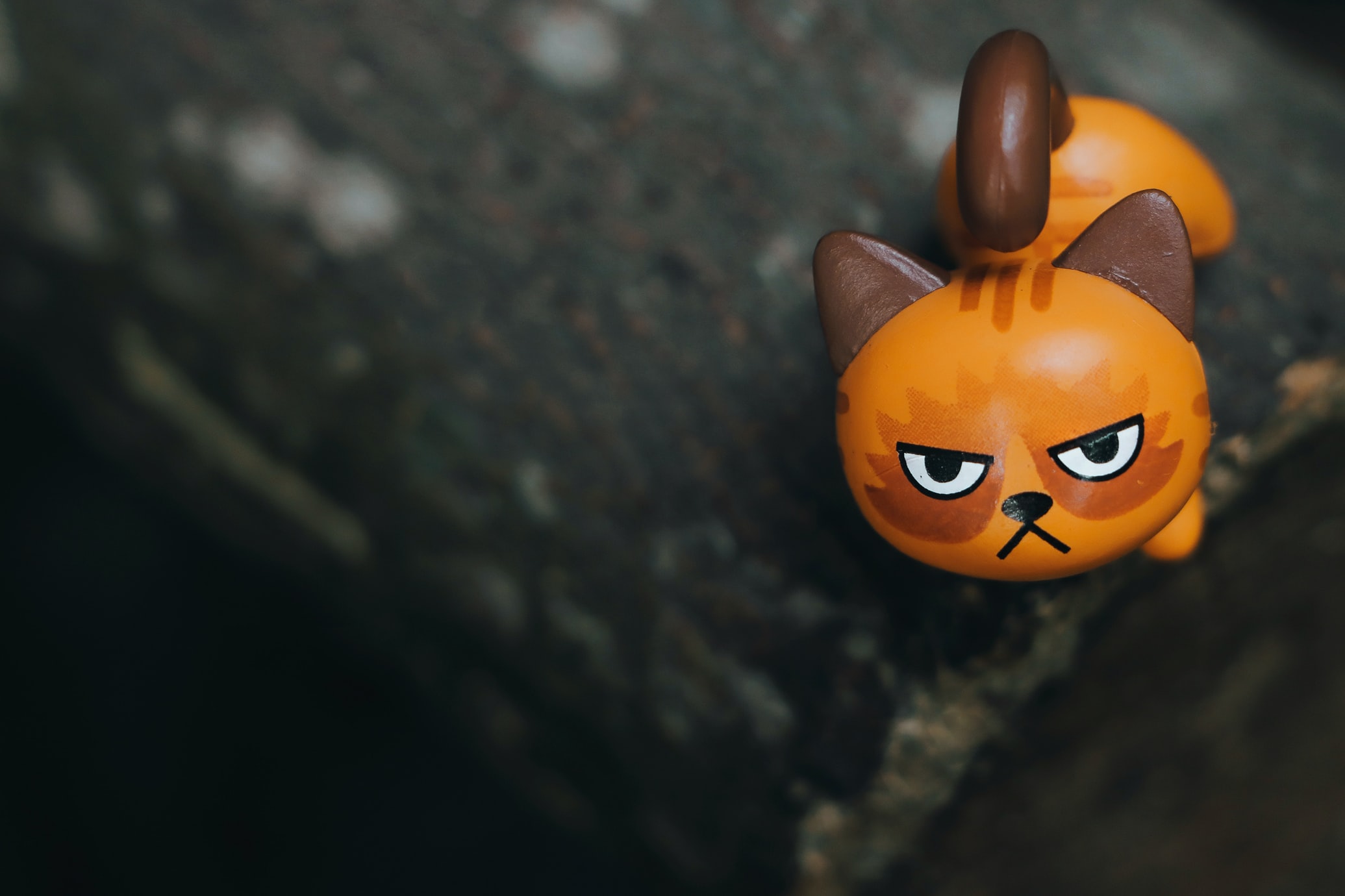
It does not matter which side you choose because, at the end of the day, you are both.
How Can You Be Both Good and Bad?
Just look at the babies!
Firstly, how adorable! Secondly, by simply observing infants or even toddlers, it is clear that no human is inherently born bad.
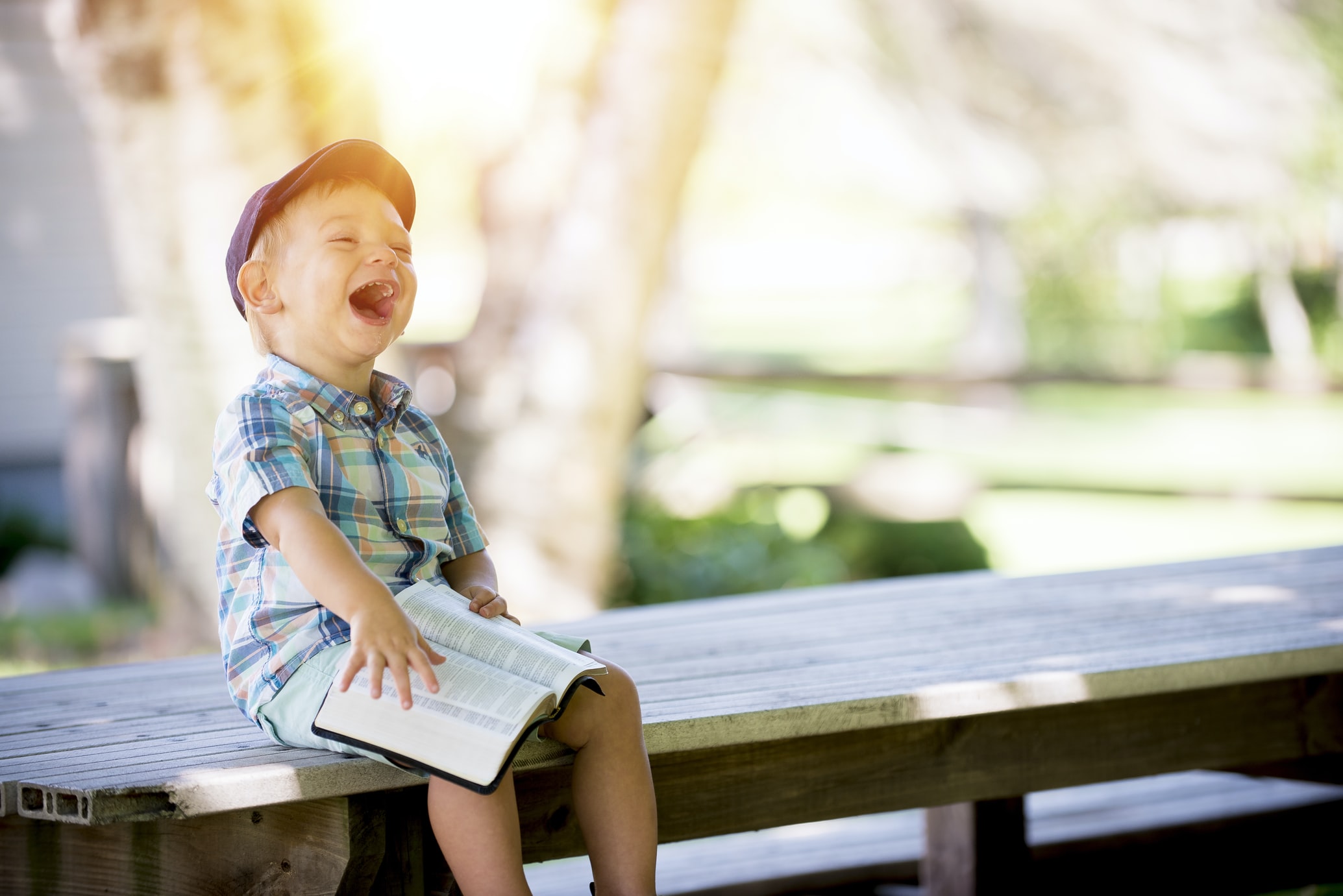
The ‘bad‘ traits are cultivated over time, as the human brain is constantly learning. Therefore, little children keep on absorbing behaviors, mindsets, and more unconsciously from their surroundings, including television, movies, and the internet.
Now, what is interesting is that, although we have the ability to learn seamlessly, we are unable to differentiate between what is right or not at the time.
While it may seem like only little children are susceptible to such unconscious learning, adults continue to pick up behavioral traits as well, despite knowing the difference between good and bad.
Therefore, it is safe to say that our environments play a huge role when it comes to determining our personality.
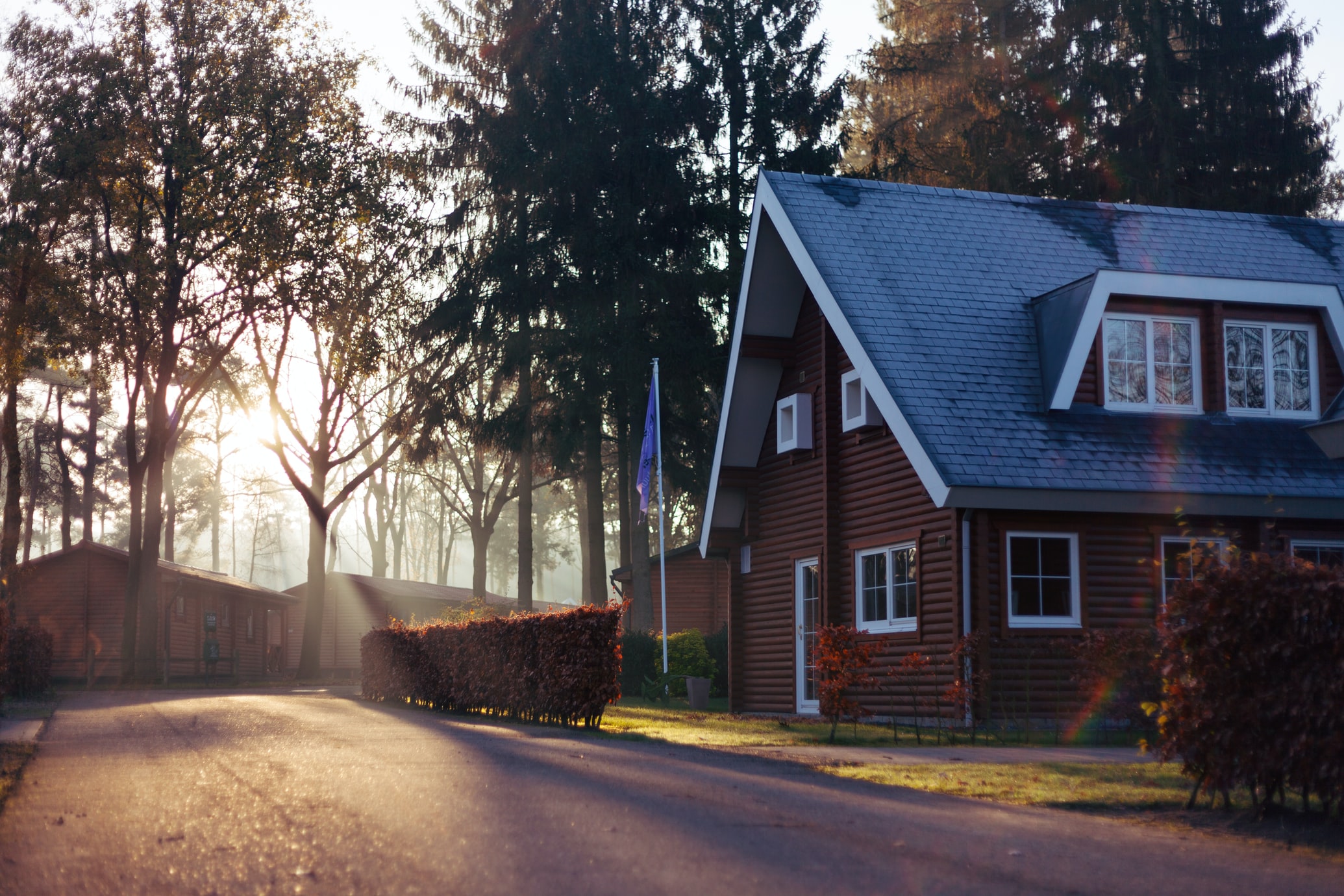
Besides society and digital influence, our upbringing also plays a crucial role when it comes to exhibiting good and bad behaviors.
- People that grew up in stressful households tend to be more unethical compared to people that were raised in loving families. However, that is also subjective. Children who grew up stressfully may also be super sensitive and pretty much ethical comparatively. Hence, it would be wrong to tag anyone based on your own perspective.
However, all of these are what facilitate a person’s outlook on the world, how they are to behave in a normal situation, and they will continue to act a certain way unless their environment is changed quickly or significantly.
The Deeper Understanding!
To understand this easily, think of a natural calamity. During such times, when our very life is at stake, we don’t function on the basis of good or bad, but we simply act on what is required to ensure our survival.
Just look at these pictures. And, ask yourself if anyone was stuck here needing you for help, what would you do? Would you think about being good or bad or just help them anyhow?
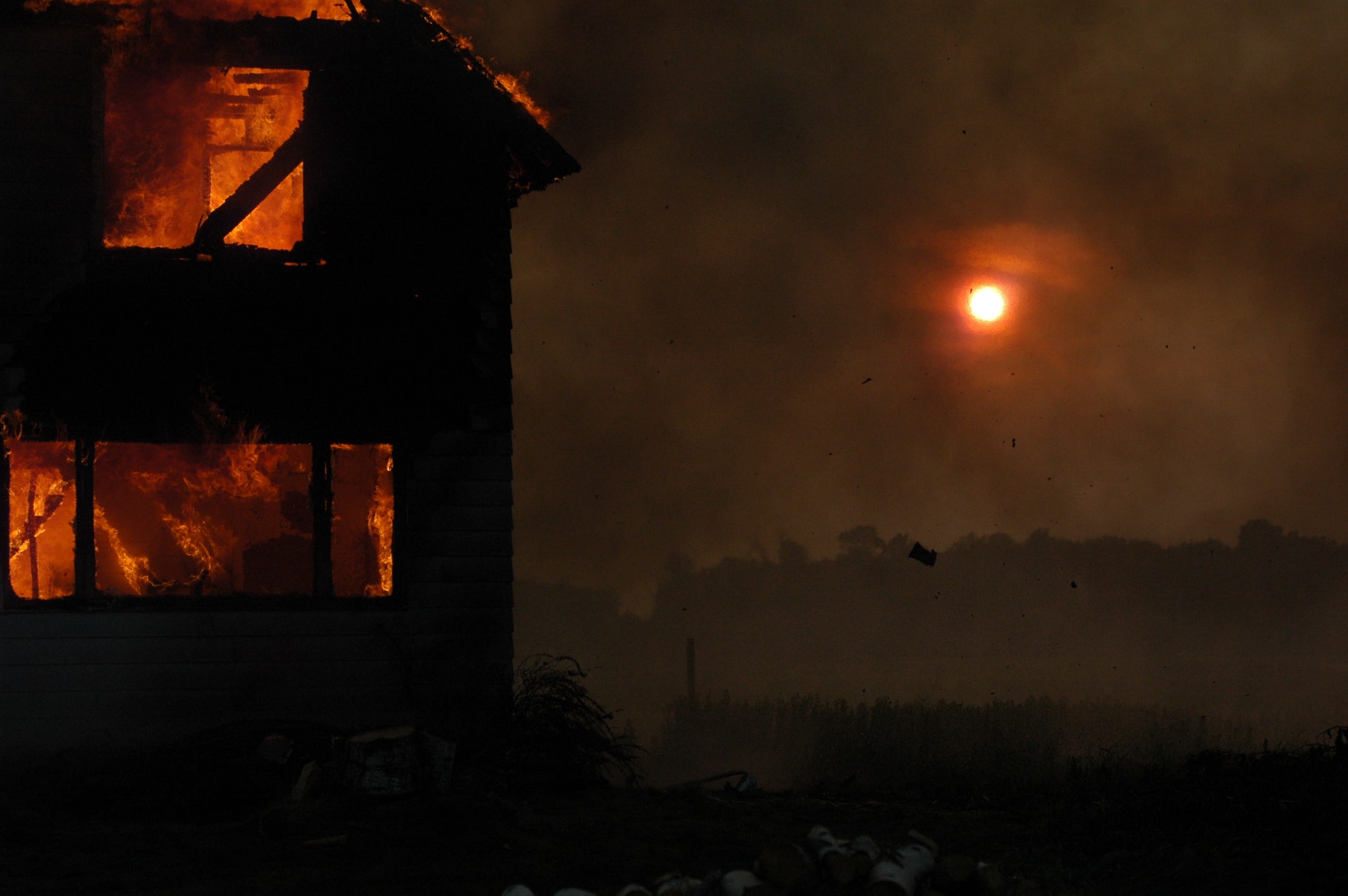
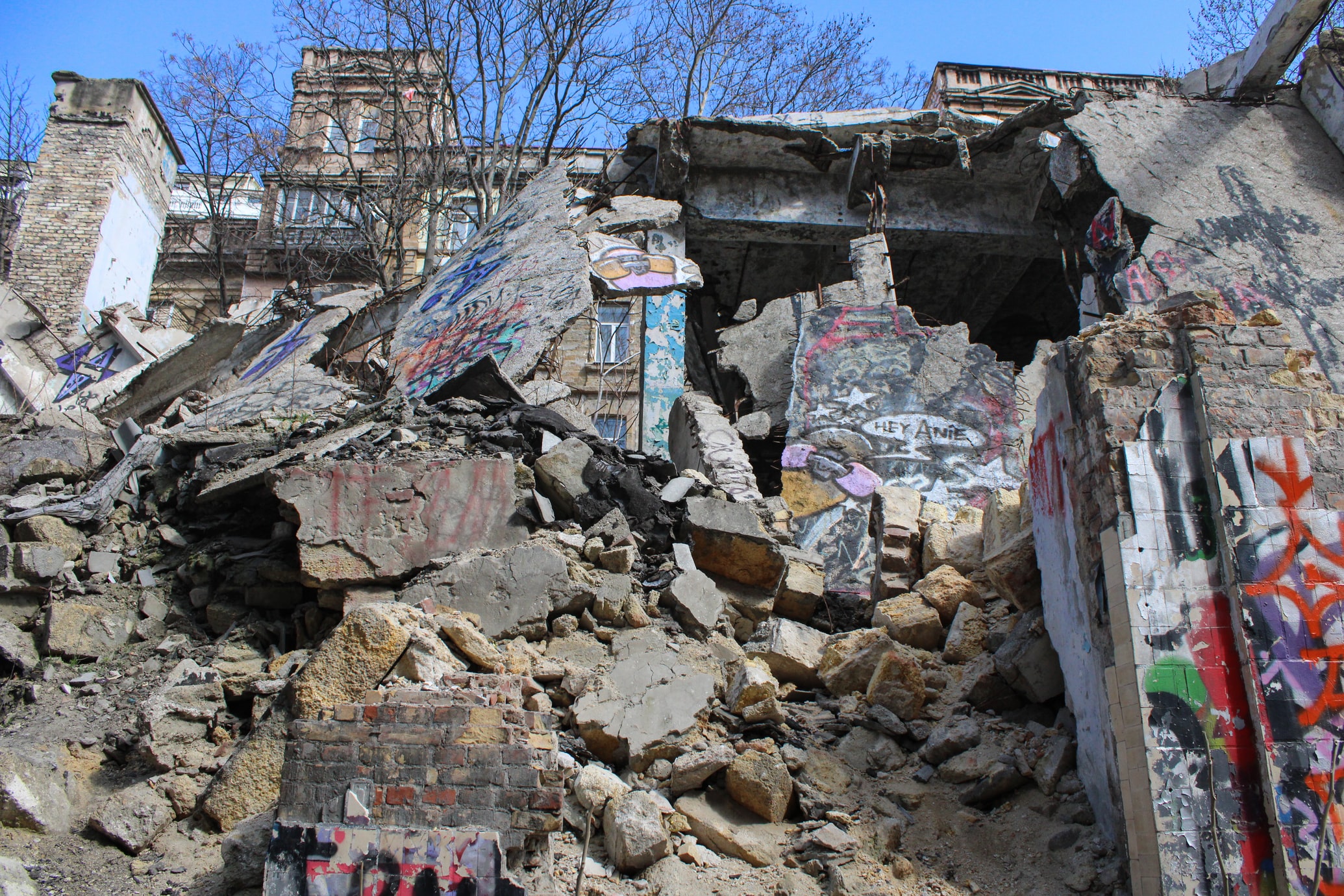
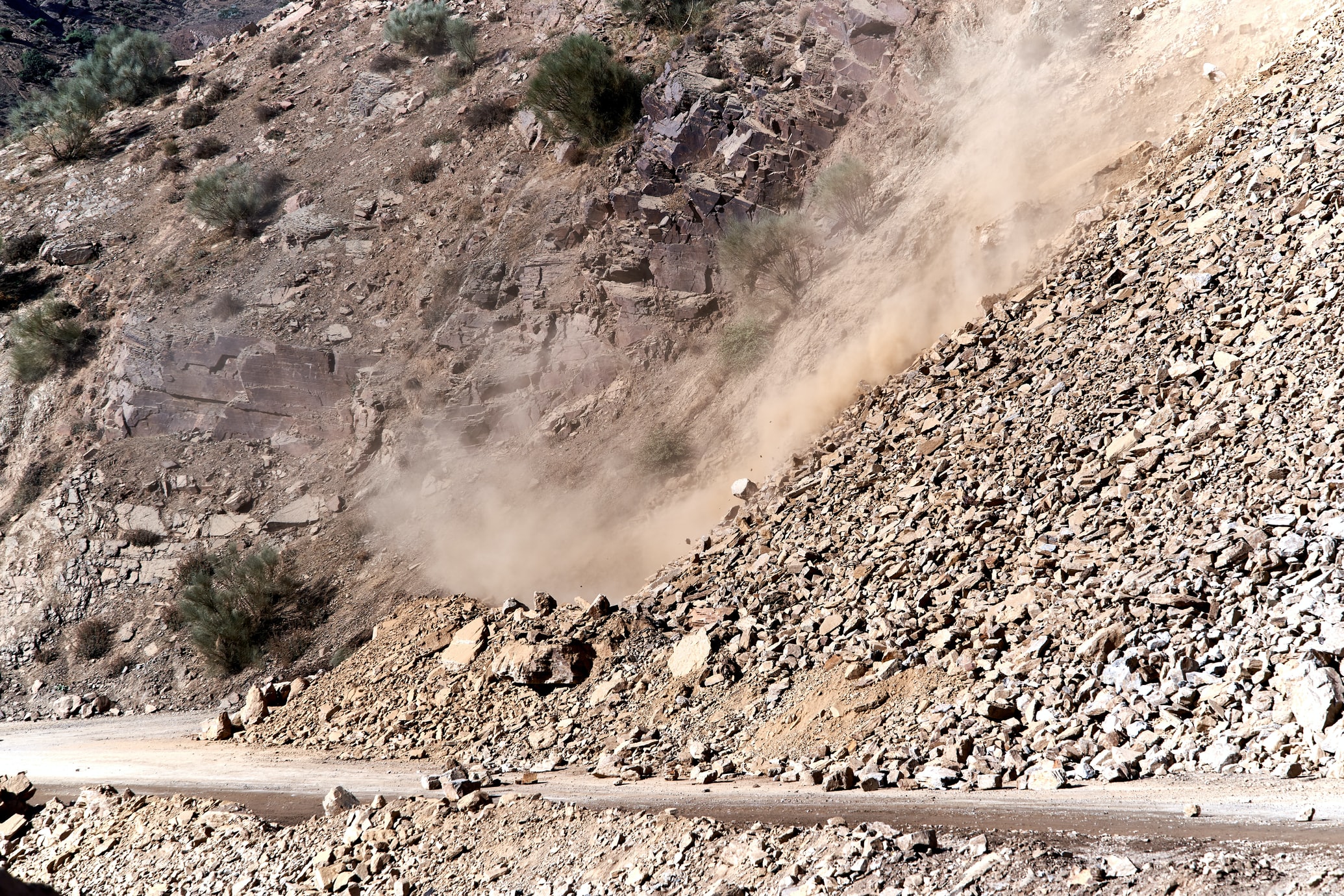
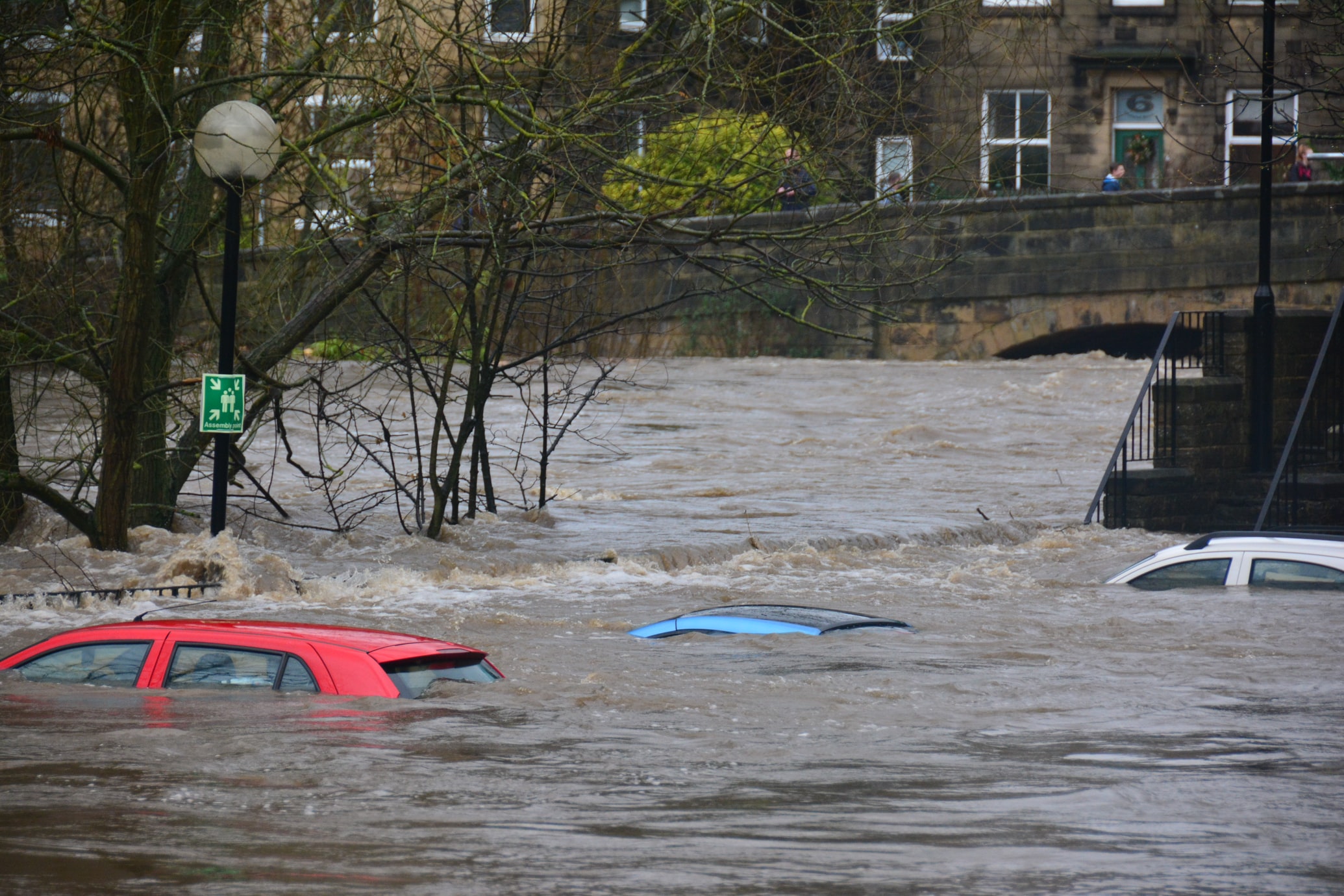

During these times, even a person who would have been deemed bad by society would actively try to save others, making them good people. Similarly, a person that is thought of as a good person can quickly change their character and act bad for personal gains, say during the time of a recession.
Although these were some extreme examples, we alternate between good and bad constantly depending on our situation.
Also, the more type of action a person does, that’s how their behavior will end up, meaning good deeds will result in a good character, and the same goes for negative.
Ultimately, the actions we take and their consequences are labeled as good or bad by society.
Who Decides Good or Bad?
Well, we can’t deny that society rules our minds. They have conditioned our minds in a way theirs were. And, they expect the same to go further. In case, the same mentality doesn’t go further, it hurts their sentiments, values, and ethics, making them bad or not-so-good people for them.
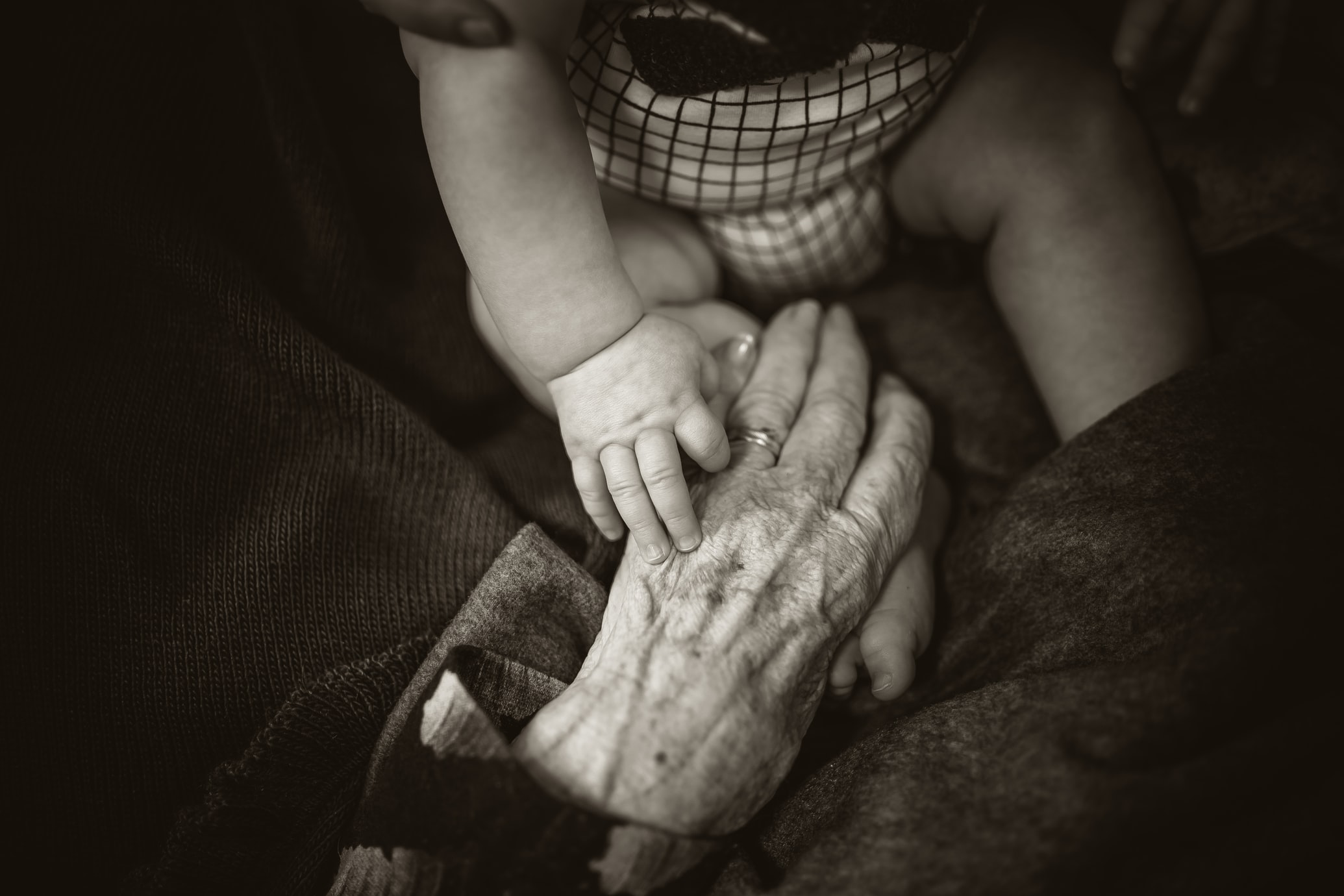
It has continued for ages, and we can still see bits of the same even today.
How to live with this ‘Good or bad’ mentality even when it still shows up every now and then?
The answer is to understand that it is not a group of people, who are good or bad. There is no such thing called good people or bad people. It all lies within us.
And, at this point, we’re not going to see what they are doing. We’ll analyze ourselves now with this li’l exercise.
Exercise:
Sit in a calm place with no noise around. Close your eyes and ask yourself:
- Have you done everything right in your entire life?
- Have you been good to all people around you?
- How have you hurt someone in your life?
Now, remember the times when you think you did something good:
- What was the last time when you helped someone?
- How did you help someone feel better when they were feeling bad about themselves?
- How instantly do you help a person when they needed you?
Well, after this small analysis about yourself, you’ll begin to understand that you might have been in both situations quite a few times. And, you just reacted to all these experiences and situations based on what you have learned.
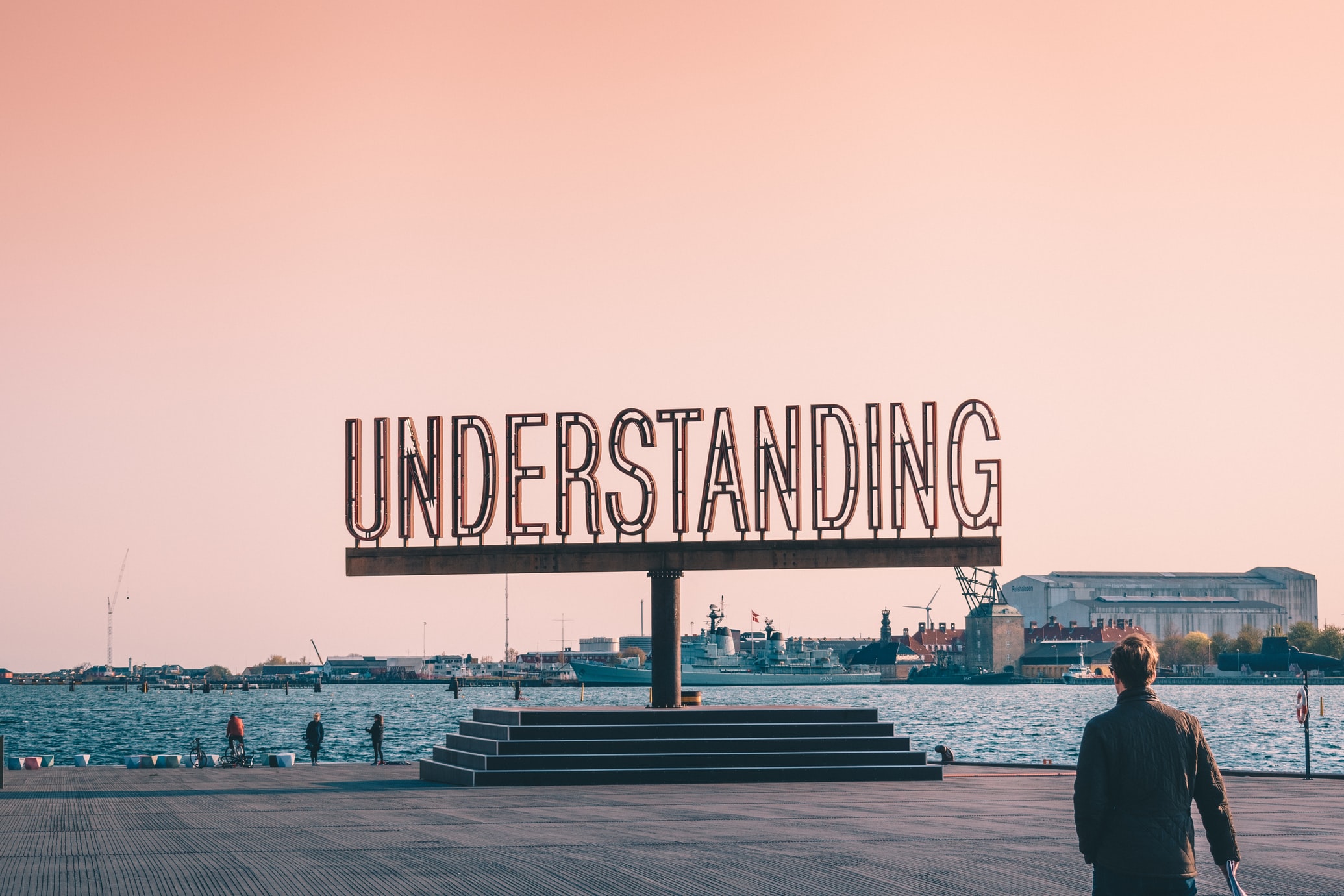
Also, if you were not so good to someone at one point doesn’t mean you never were to someone else as well. It depends on various factors, such as people, situations, experiences, and many other things. Some of these factors might be new to us while some might not.
Hence, the idea is to understand that we all have the good or the bad in us. This understanding can help us not judge people, be aware of what we are doing, and not be judgmental about anyone or anything.

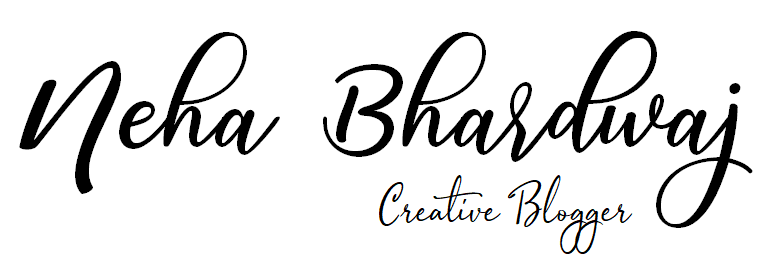
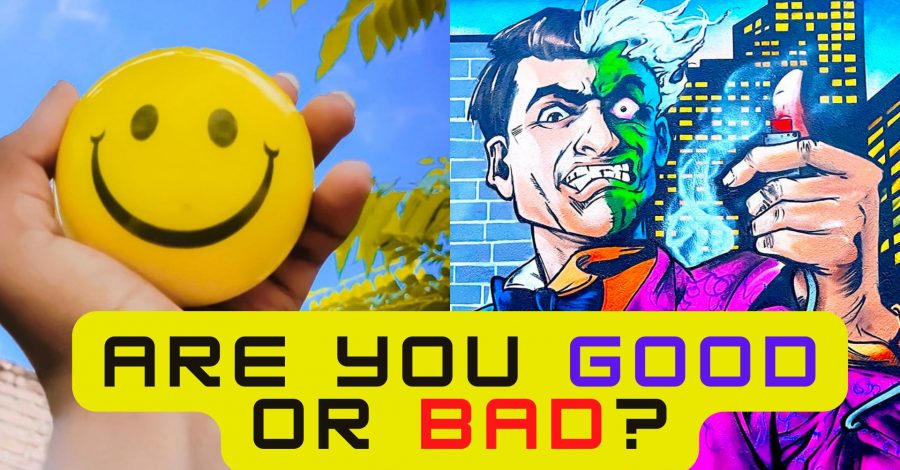
Leave a Comment